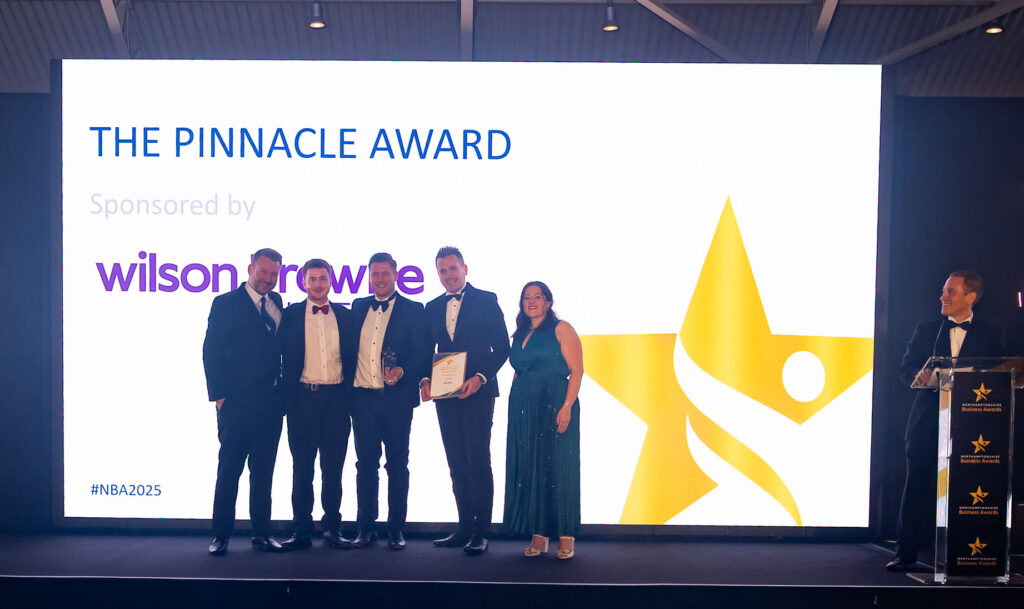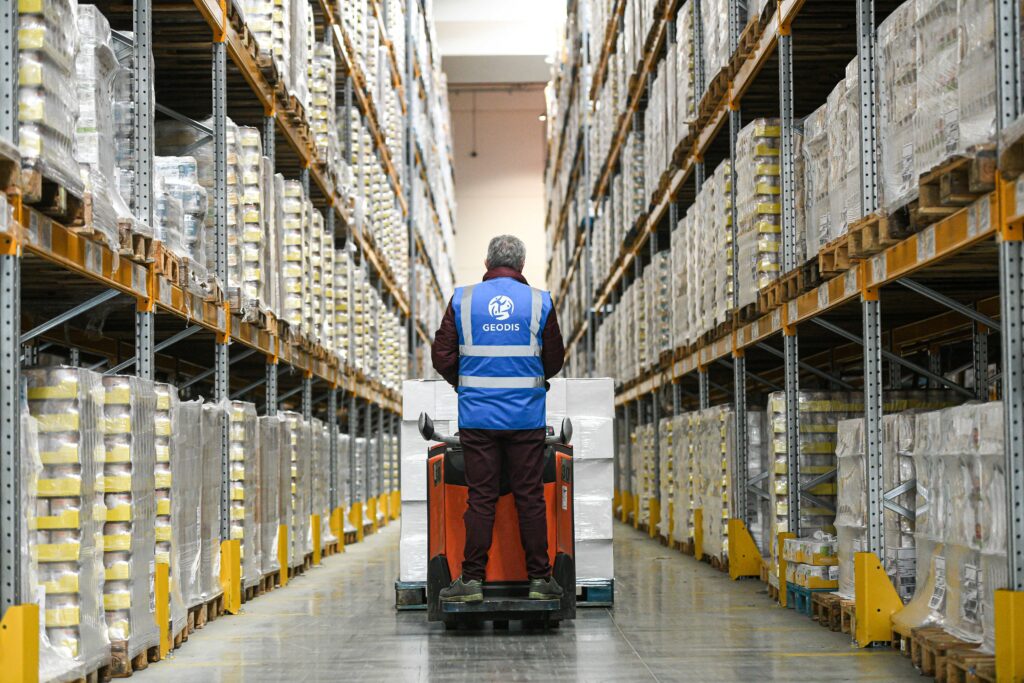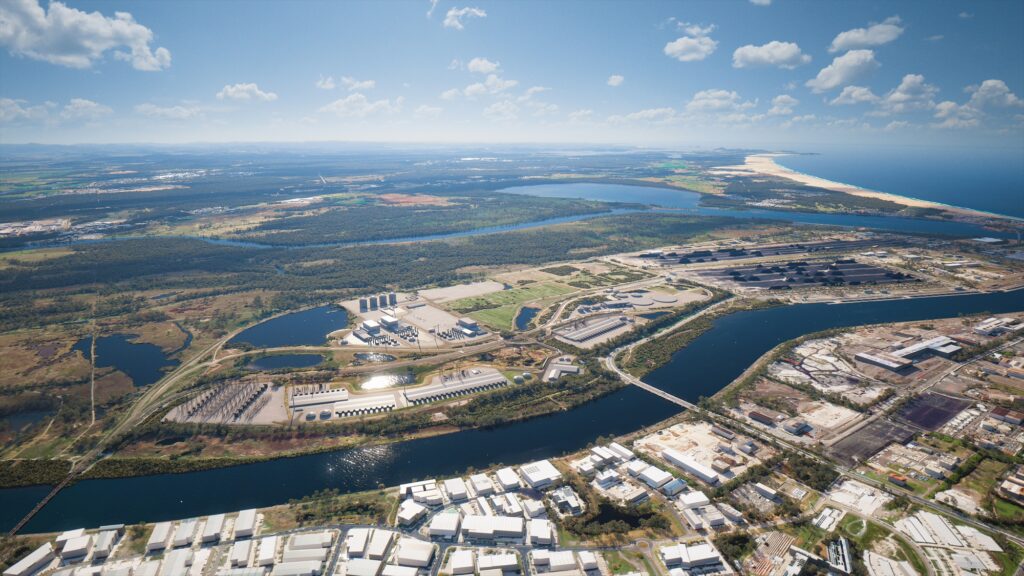Kawasaki Kisen Kaisha, Ltd. (President and CEO: Takenori Igarashi, hereinafter ““K” LINE”) announces that it has decided to transfer the logistics business operated in Thailand by “K” LINE (THAILAND) LTD. (hereinafter “KTL”), a subsidiary of “K” LINE in Thailand, to “K” LINE LOGISTICS (THAILAND) LTD. (hereinafter “KLL TH”), a subsidiary of “K” LINE LOGISTICS, LTD. (President and CEO: Ako Hiraoka), a consolidated subsidiary of “K” LINE.
- Current Business
KTL : 1. Overall management of the car carrier business in Southeast Asia and Comprehensive shipping agency business in Thailand
2. Logistics business centered on land transportation, warehousing, and customs clearance service in Thailand
KLL TH: International logistics business centered on air and ocean forwarding
- Businesses to be transferred from KTL to KLL TH
All businesses listed in ② above
- Purpose
To provide customers with a wider variety of high-quality logistics services and strengthen our contract logistics capabilities by transferring KTL’s logistics business, which has strengths in domestic logistics in Thailand, to KLL TH, which has strengths in international logistics.
- Transfer date
April 1, 2026 (Planned)
After the business transfer, KTL will remain committed to providing high-quality services and further enhance its business as “K” LINE Group’s representative in Thailand.










